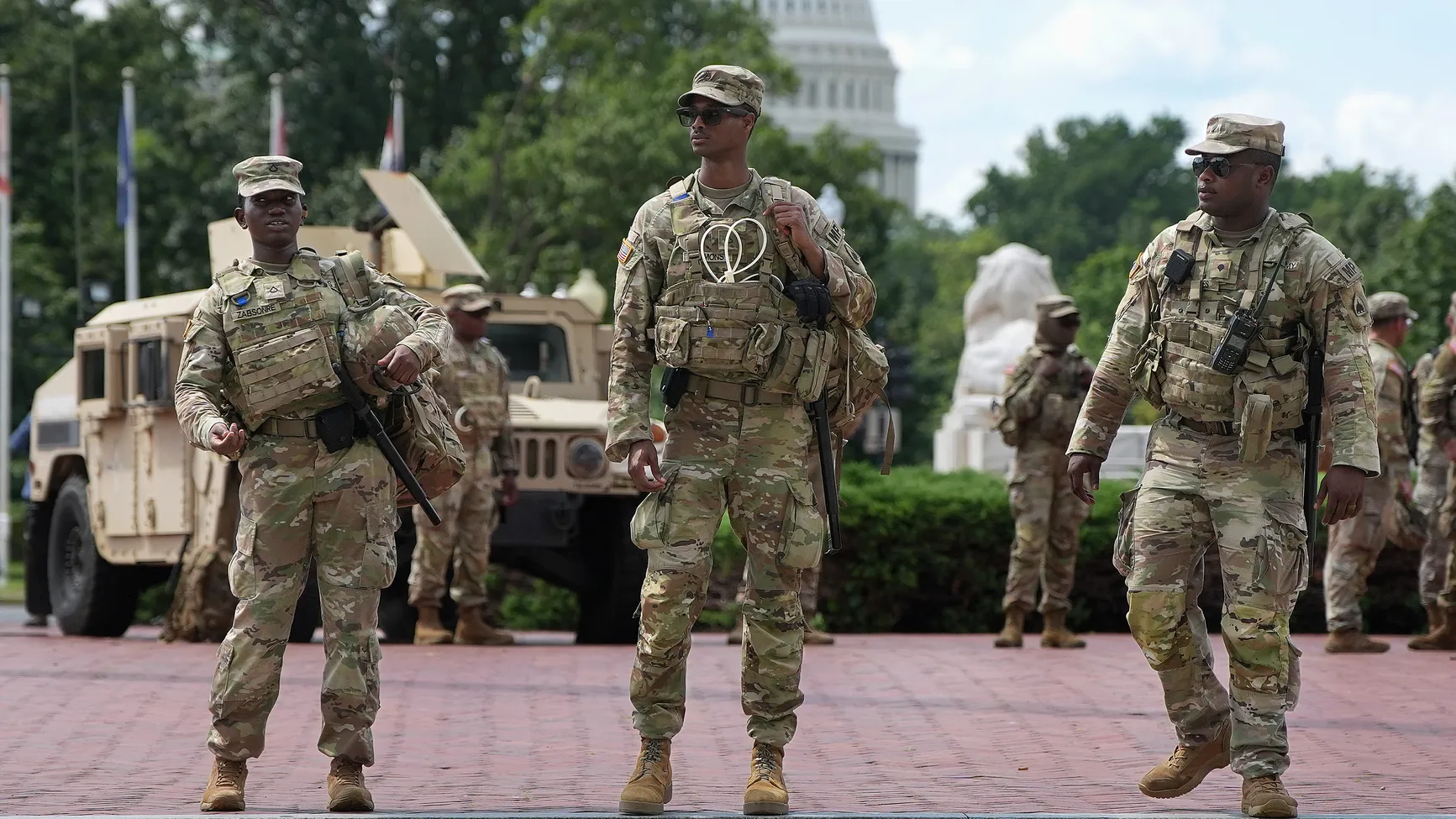The prospect of National Guard troops being sent to Chicago has sparked strong reactions from local and state leaders.
Federal plans and presidential statements
The U.S. president recently indicated that his administration is considering deploying National Guard units to several cities, including Chicago and New York, as part of a broader public safety strategy. Reports suggest the Pentagon has been evaluating plans for weeks, which could involve thousands of Guard members and potentially active-duty soldiers.
Response from Chicago leadership
Chicago Mayor Brandon Johnson stated that such a measure would be unnecessary and potentially harmful. He argued that deploying the military without coordination or local request could escalate tensions between residents and law enforcement. Johnson also pointed to official city data showing significant declines in violent crime, including a 30% drop in homicides and nearly 40% fewer shootings over the past year.
Position of Illinois state government
Illinois Governor JB Pritzker rejected the proposal, maintaining that no emergency justifies federal intervention. He emphasized that Illinois continues to cooperate with federal law enforcement on crime prevention but insisted that deploying troops would represent an overreach of authority.
National debate on military involvement in cities
Similar deployments have occurred in recent months in other U.S. cities during periods of unrest or public safety concerns. These actions have raised questions about the constitutional boundaries of federal power. The current discussion in Chicago underscores the ongoing national debate over the role of the military in domestic affairs and the balance between local autonomy and federal authority.







